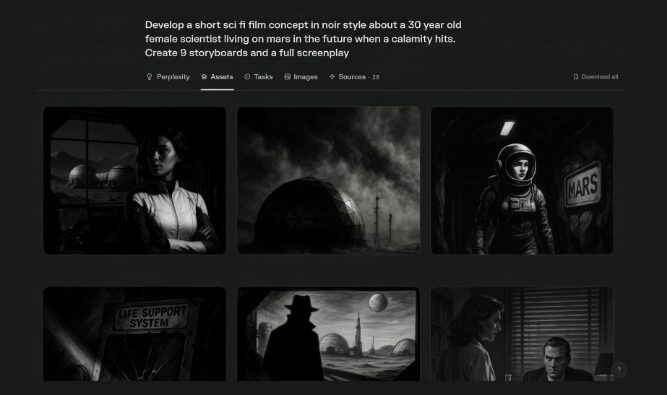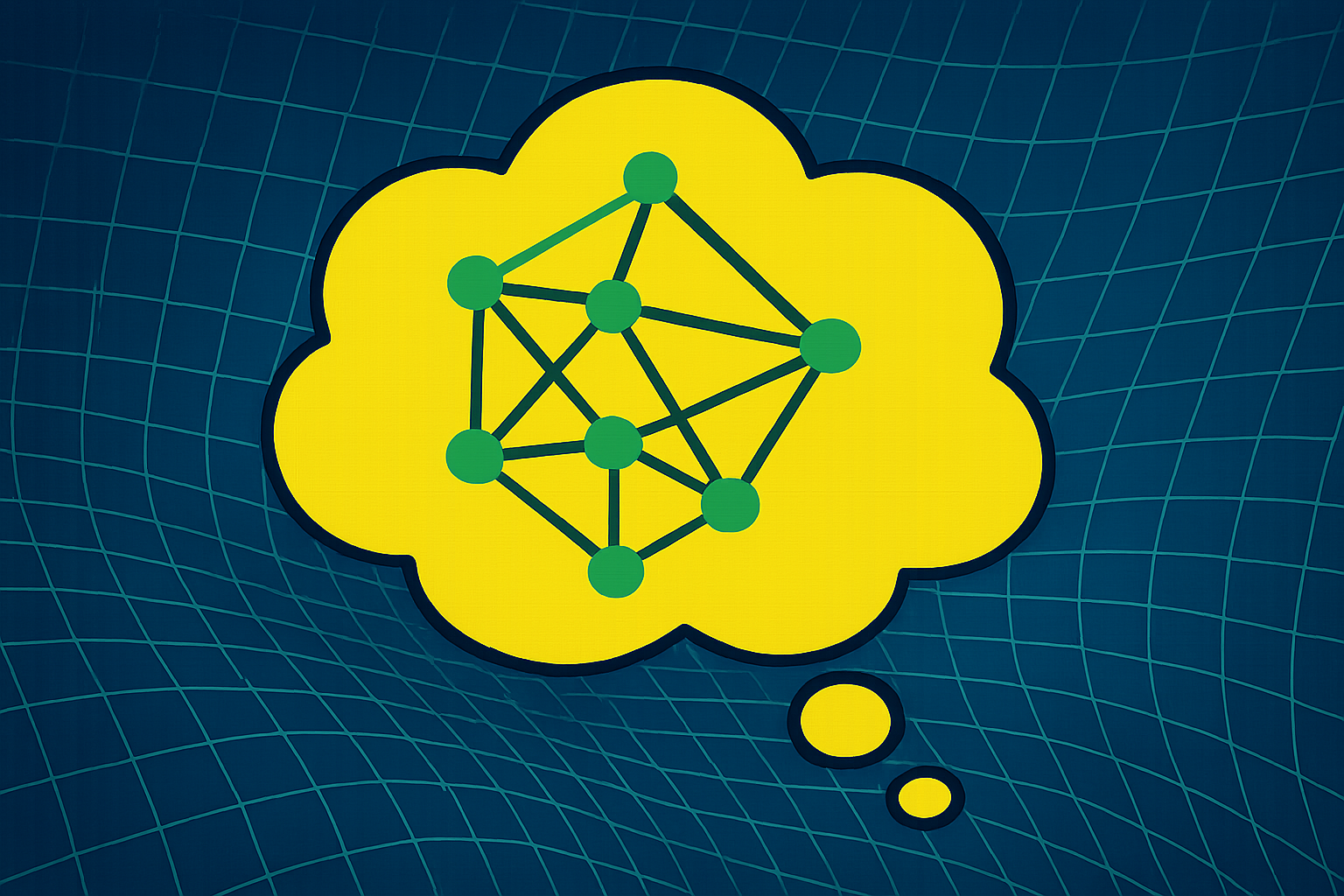Anthropic now generates around $3 billion in annualized revenue, up from $1 billion in December 2024, according to Reuters sources. The sharp rise is linked to strong demand for generative AI from corporate clients. Code generation — AI tools that assist with programming — is a key growth area. Anthropic's new Claude 4 models are optimized for code generation tasks, which could drive further revenue growth. Unlike OpenAI or Google, Anthropic mainly targets business customers, suggesting that more companies are adopting AI tools.
Perplexity has launched "Labs," a new feature for Pro users that can run complex projects like reports, tables, dashboards, or basic web apps. Unlike the faster "Research" mode, Labs works independently for over ten minutes, performing tasks such as web searches, running code, and creating files. Users can view their output in the "Assets" tab or display apps directly in the project. Examples are available in Perplexity's project gallery.
The move brings Perplexity closer to tools like ChatGPT, Gemini, and Claude, which have taken over much of its former lead in AI search. Labs is available now on the web, on iOS, with Mac and Windows versions coming soon.

The New York Times has signed a multi-year deal with Amazon, allowing the tech company to display content from the Times, NYT Cooking, and The Athletic on Alexa and use it to train its AI models. In return, Amazon is paying a licensing fee. The Times says the agreement expands its reach and gives Amazon customers direct access to its journalism. This comes as the Times continues its lawsuit against OpenAI and Microsoft, filed in late 2023, over alleged unauthorized use of its content for AI training. The lawsuit with OpenAI is still ongoing.









